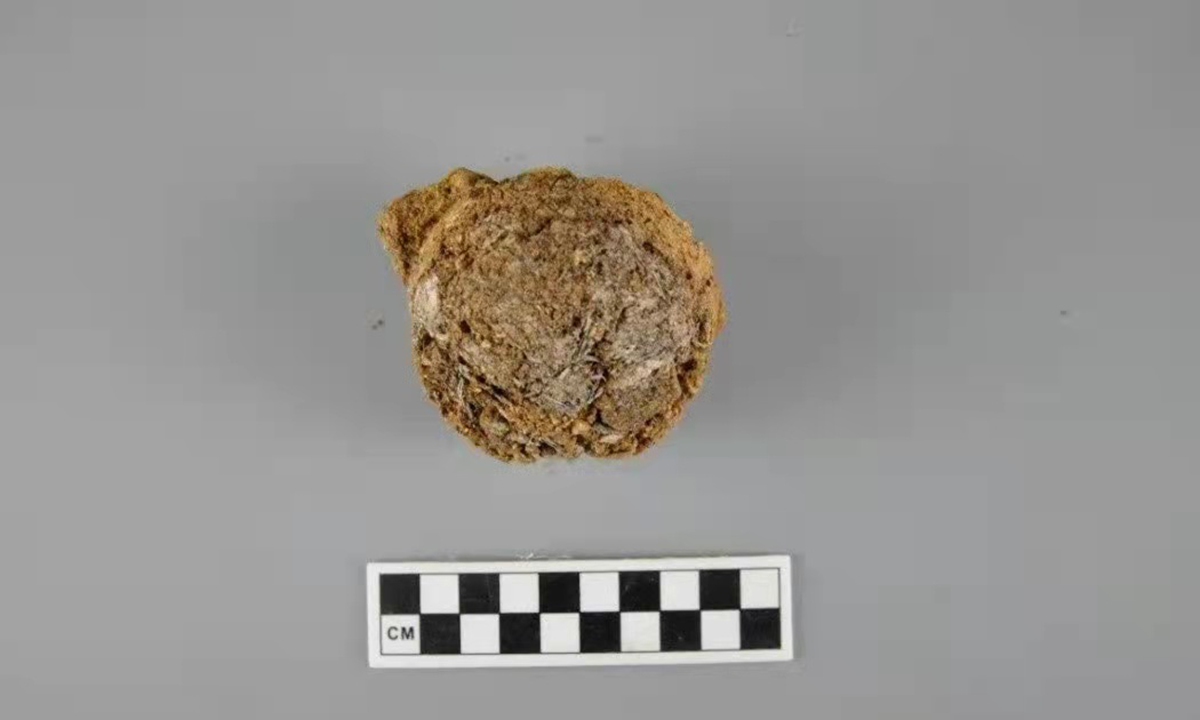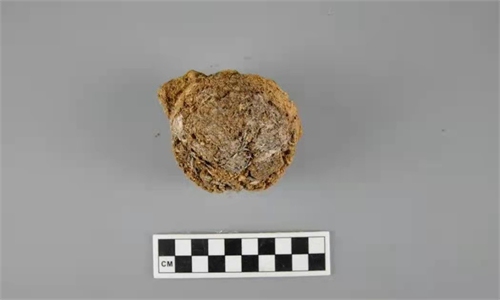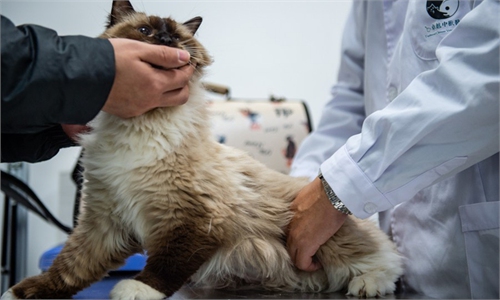
Tea relics discovered in a Warring States Period (475BC- 221BC) tomb Photo: Web
A study by archeological researchers at Shandong University has identified brewed plant materials discovered in a Warring States Period (475BC- 221BC) tomb as the earliest-known tea relics in the world.
The ancient tea substance was found to be decayed and brown in color when unearthed, with examination later confirming that it was tea leaves that had been soaked and brewed.
The discovery in Shandong is believed to date from the early part of the Warring States Period, taking tea culture a further 300 years back into history.
The tea residues are believed by experts to be from 453-410BC. Before, the earliest tea discovered was from the Western Han Dynasty (206BC - AD220). A tea set was also found that was believed to be from the Three Kingdoms (AD220-280).
"The discovery holds value not only for archeologists but also for cultural researchers of world tea culture, along with its attached ethnographic and socio-cultural secrets, since tea has long been seen as a totem in many cultures around the world," Yu Xiaoxin, a cultural expert, told the Global Times.
"To be able to collect such samples is a gift for researchers. Tangible evidence such as tea leaves is very difficult to collect compared to metal given that it decays more easily," Wang Xianyang, an archeological expert, told the Global Times.
Global Times



